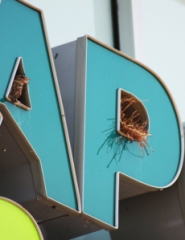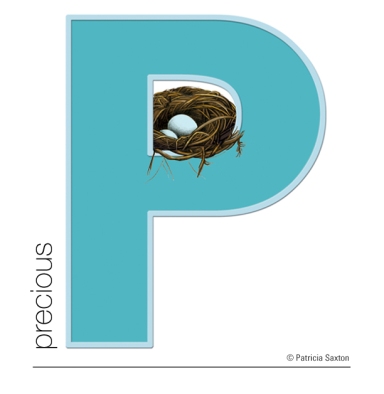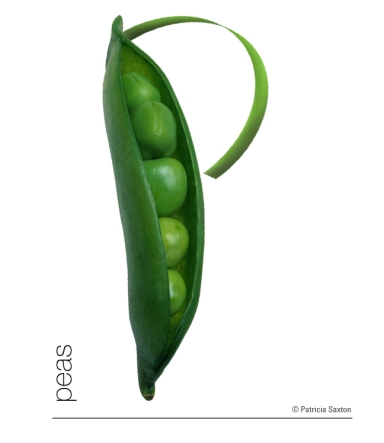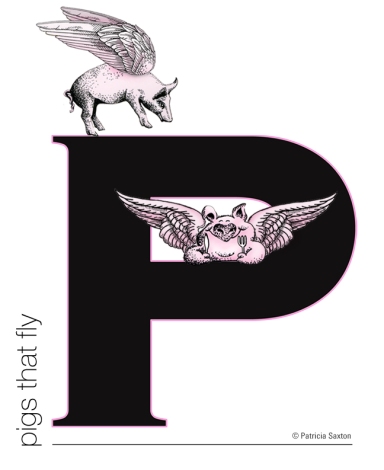
Computers are magical. Young designers don’t know how good they have it. Back when the earth’s crust was cooling and dinosaurs roamed freely, there existed the most horrendous, antiquated processes for creating a finished design project.
I worshipped computers the minute they eliminated rubber cement and laborious hand-cut color separations. T-squares and triangles and type galleys. It was a downright primitive experience. The production aspect was neither fun nor a walk in the park, although you did acquire a fairly intimate relationship with the inner workings of color and tone and bandaids (for the exacto blade cuts).
With computers you can take a piece of handmade art and ~ *presto!* ~ it becomes digital, ready for use in a multitude of ways on a multitude of products.
Of course, there are varying levels of *presto!*, so that what looks clean and effortlessly polished is very often laboriously and painstakingly rendered behind the scenes.
I’ve recently been working with a great client on a project that falls precisely into this category. The end result is a pretty picture, but getting to that point is literally a matter of connecting hundreds of little dots, like these:


And a strange thing happens when you get into a groove like that ~ it starts to take over your subconscious mind. It’s kind of like when I draw a lot, I see things in shapes and shadows, lights and darks … except in this case I start seeing things as if they were pieces of vector art**.
Just the other day while driving a winding stretch of road, my mind decided to imagine the curves as they would be drawn on the computer. It was a pretty weird sensation. I wonder if dreaming in vector is next.
Dreams or no dreams, the laborious elements of yesteryear’s graphic design have really only changed in terms of the tools used. Personally, I still adore illustrating classically with a pencil or paintbrush ~ but for design, I remain ever grateful that paste-ups hit the dust long ago.
**in brief, for those who may not know, vector art is the use of computerized lines and anchor points to create shapes that in the dark ages would have been done by hand.


















